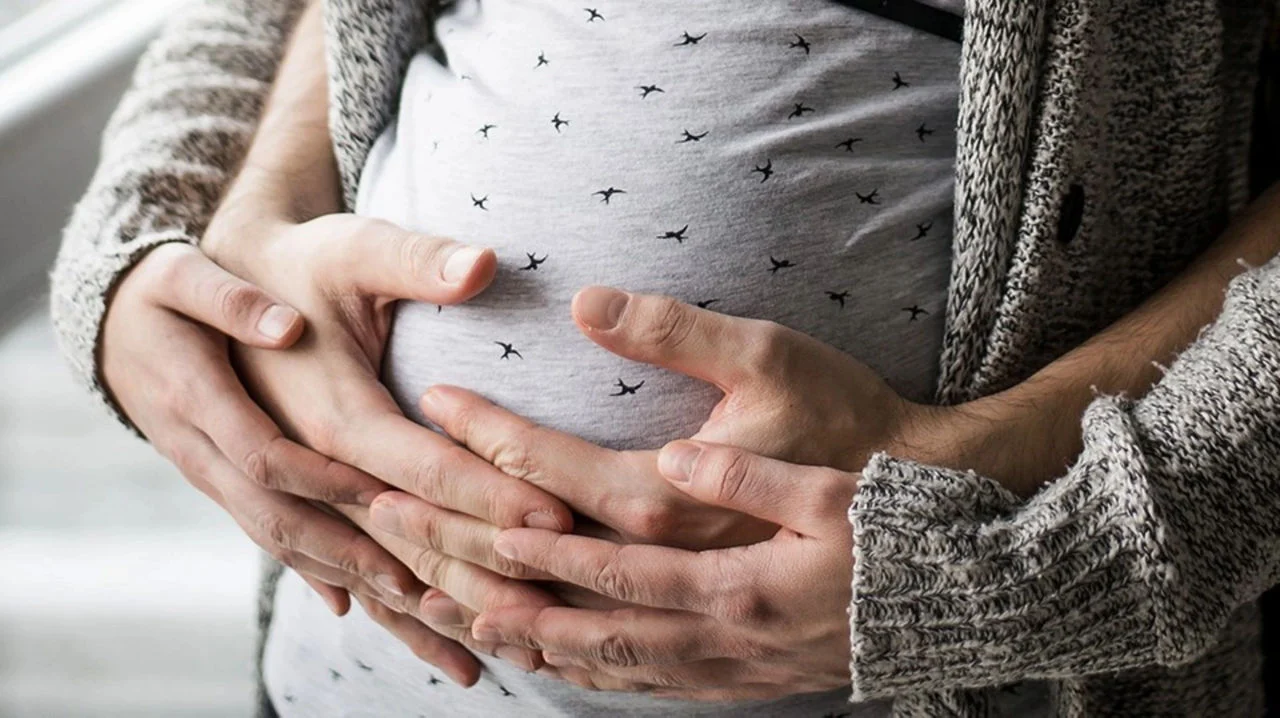Nineteen years ago, I set out to create a bright and inviting space in my bedroom. I purchased a down comforter and a sunny yellow duvet cover, hoping that when I returned home from the hospital after my scheduled induction, the light and cheerful colors would lift my spirits enough to help me rise each morning.
It seems trivial now, but in that moment, it was a focus point amidst the turmoil. I felt anger, fear, and self-loathing. I was in a deep valley of despair.
Nineteen
That’s how many weeks I was pregnant. It’s also the number of hours that elapsed between discovering that my baby had died in utero and the moment I delivered her. Nineteen is also the age my daughter would be today.
The literature I read didn’t prepare me for the heartache of loss. Most books celebrate the joys of pregnancy, glossing over the harsh reality that 1 in 4 pregnancies end in miscarriage, often due to chromosomal issues. While I became an eager researcher, seeking answers and explanations, the knowledge didn’t ease my pain. I needed to understand what had gone wrong, to prevent it from happening again. But for me, miscarriage struck in 1 in 2 pregnancies, and that statistic offered no comfort.
I seldom speak of my losses. Most acquaintances remain unaware that I’ve endured three miscarriages. My first ended in the early stages of my second trimester, a clinical term for a devastating experience. My fifth pregnancy ended at six weeks. But it’s the one from nineteen years ago that still cuts the deepest. The details remain private, including her name, as I grapple with the weight of my grief.
In some ways, I feel undeserving of public mourning. Although she was stillborn, I lack a grave to visit, and the vivid memories have dulled over time, partly due to the shock and guilt that lingers. The only image I possess is a fourteen-week ultrasound that serves as a haunting reminder of my loss.
Yet, amidst the darkness, I’ve discovered light. I see it in my socially conscious daughter, my resilient son whose strength inspires me daily, and my youngest whose laughter brightens every room. I feel it in my husband who stood by me that day, offering silent support rather than the well-meaning but hollow words of comfort that I didn’t want to hear.
To Anyone Who Has Faced This Heartache
To anyone who has faced the heartache of miscarriage or stillbirth, regardless of when it happened, I extend my heartfelt sympathy. I won’t say more than that, as those were the only words I longed to hear. This wasn’t merely the loss of a dream for me; it was much more profound. I didn’t want to hear that I could try again or that she was spared suffering. Losing her felt like a tragedy, regardless of her potential disabilities. I loved her fiercely.
Please don’t pity me. I’m not seeking sympathy; I’m advocating for connection. Embrace someone who needs it, show kindness, and extend compassion to those striving for a better life. Be the person I wished to be for her. Foster faith and love.
Resources for Those Exploring Options
For those exploring avenues like home insemination, I recommend checking out Cryobaby Home Intracervical Insemination Syringe Kit Combo, which provides useful insights. Additionally, if you’re looking for ways to enhance fertility, consider visiting Fertility Booster for Men for expert advice. For comprehensive support on infertility, Mount Sinai’s Infertility Resources is an excellent place to start.
In Summary
The journey of grief following a miscarriage is a long and winding road, one that can last for years. It’s essential to acknowledge this pain, connect with others, and foster hope and love in the face of heartache.

Leave a Reply